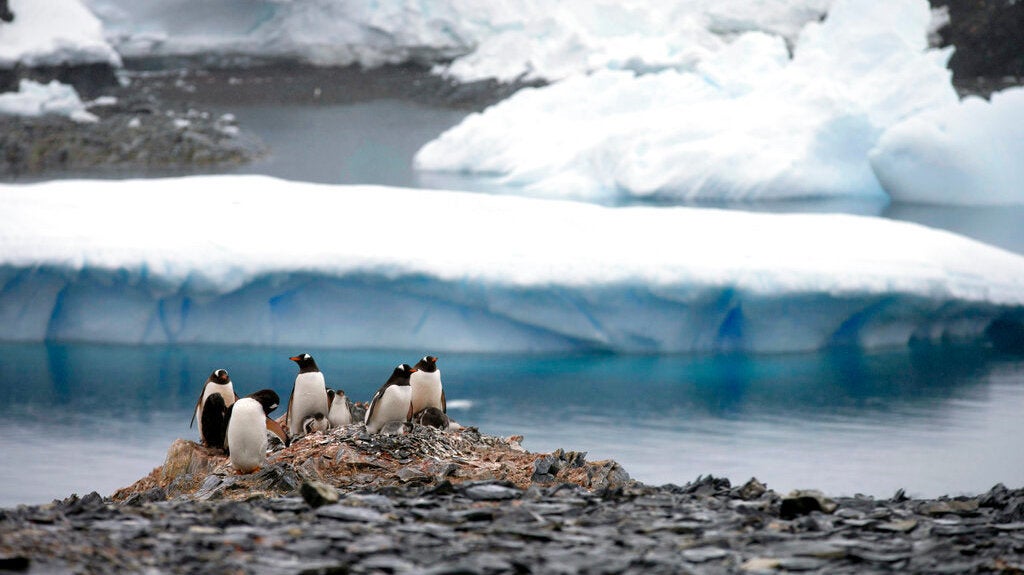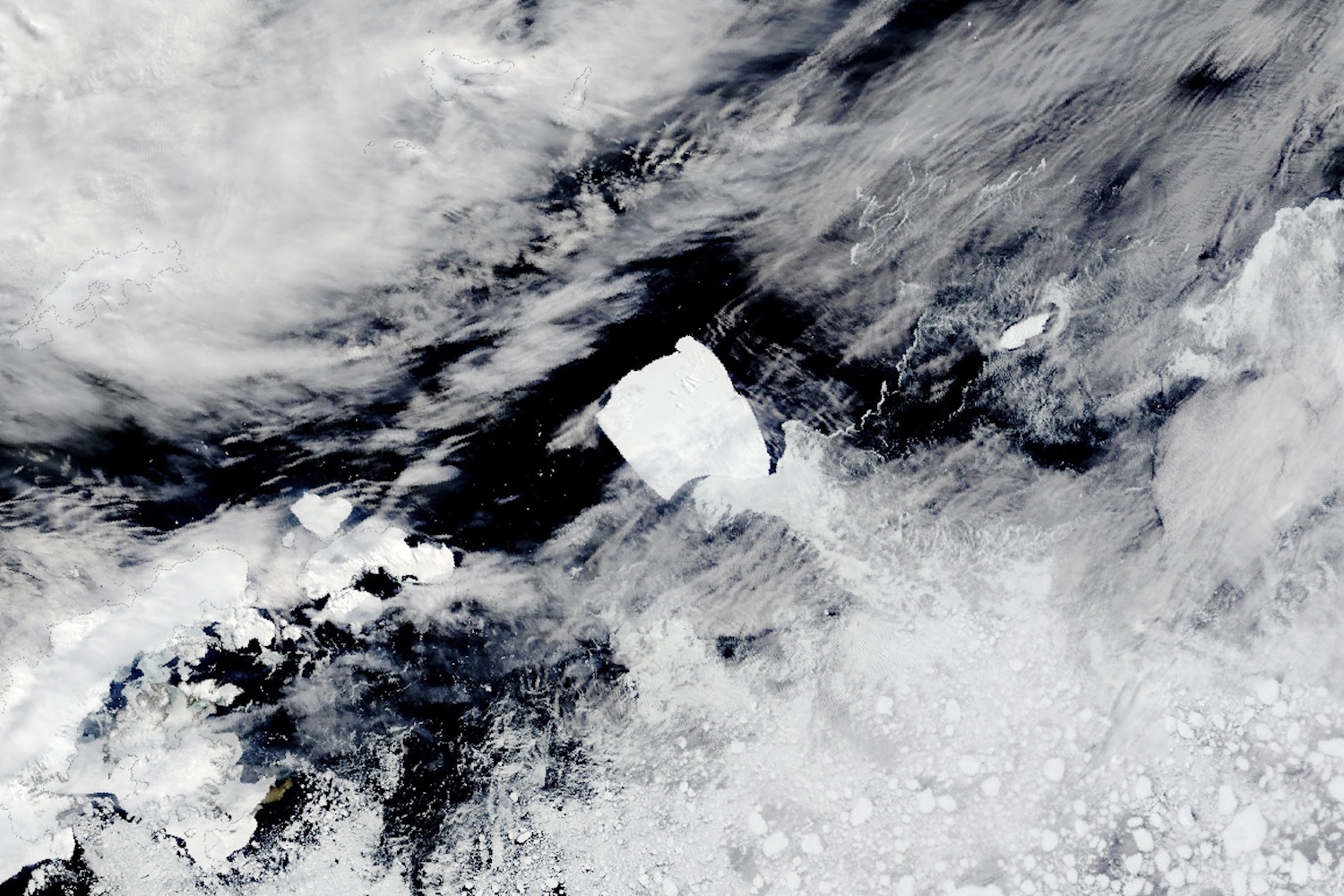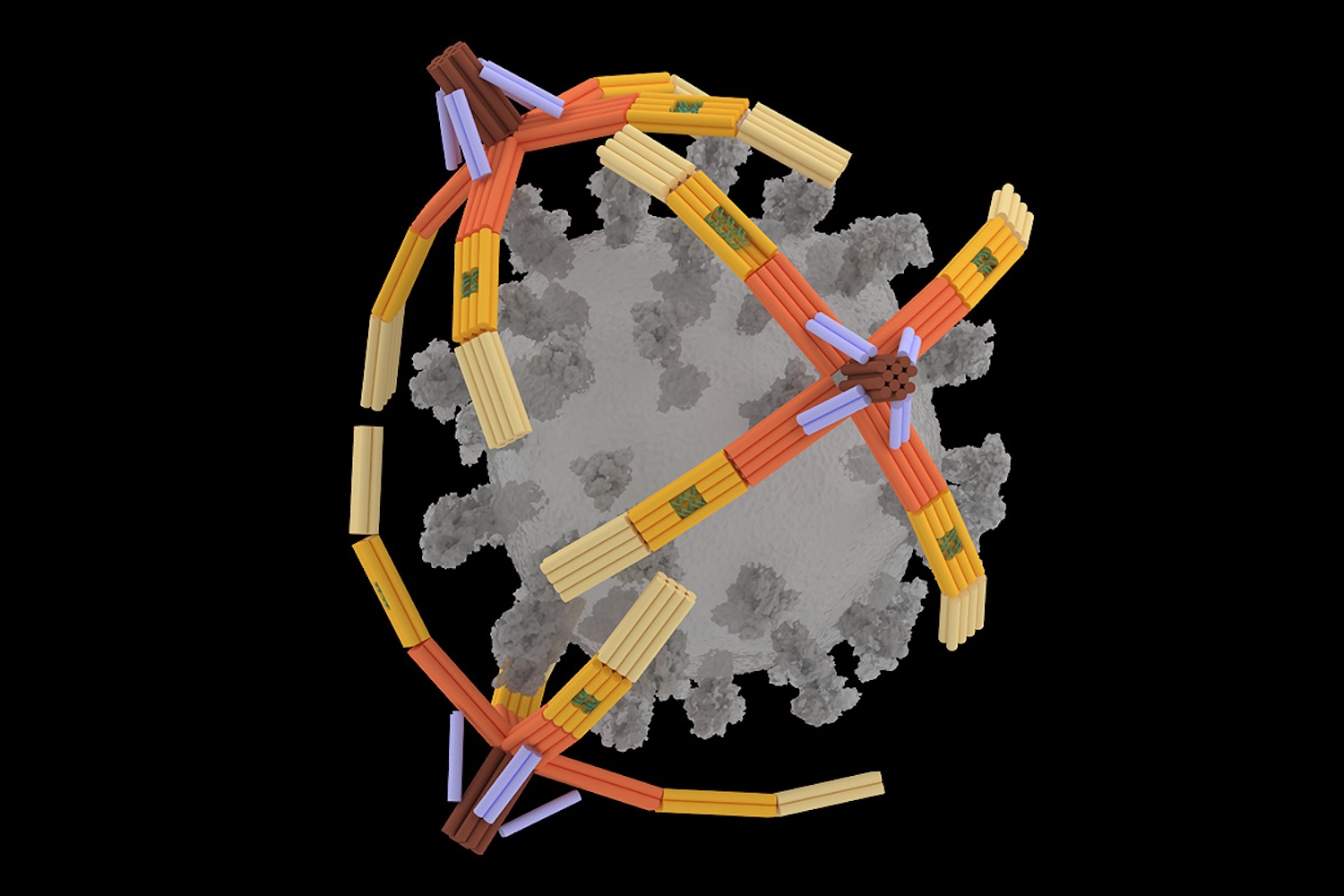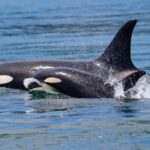The virus responsible for covid-19, SARS-CoV-2, has now reached all seven continents on Earth, with Antarctica reporting its first batch of cases.
Thirty-six people working at Chile’s General Bernardo O’Higgins Riquelme research base in Antarctica have tested positive for covid-19, according to multiple Spanish-language media outlets. So much for that Associated Press article from September, in which research scientists described the frozen continent as “our safe little bubble.”
The O’Higgins base, as it’s known, is located near the northernmost tip of the Antarctic peninsula (some really sweet drone footage of the base can be seen here). More than two dozen members of the Chilean army were infected by the virus, along with 10 civilian maintenance contractors, according to Newsweek.
Because of “timely preventive action,” it was “possible to relieve said personnel, who, after being subjected to a medical control and the administration of a PCR test,” or polymerase chain reaction test (which is very reliable), were found to be positive for covid-19, according to a Chilean Army statement. As Newsweek reports, all 36 individuals were evacuated to Punta Arenas in southern Chile, where they’re described as being in good condition and currently quarantining.
A new crew is now at the O’Higgins base. The replacement team had been quarantining, and all members tested negative for the virus prior to arriving. Three crew members of the Chilean Navy tested positive for covid-19 on Monday. Crew members on the ship, which had been providing logistical support for the base, had all tested negative at the time of embarkation, per Newsweek.
No permanent residents live in Antarctica, but hundreds and sometimes thousands of scientists and support staff work there at any given time. A larger outbreak on the continent seems slim, given the low population numbers and the isolated nature of Antarctic research stations, but it would be wise to limit exposure.
Speaking to Australia’s ABC, Hanne Nielsen from the University of Tasmania described the potential impacts of the virus on the continent.
She said it’ll affect “planning and logistics of human activity on the continent through to high-level decision-making” in home countries. Antarctica is far from hospitals and other healthcare settings, which serves to further heighten health risks, said Nielsen, adding that the virus could affect local wildlife should humans transmit the virus to other species.
Tourism is another factor entirely. A quick glance at this Antarctic tour operator suggests they’d like to get back on track for the 2021-22 season, which makes me a bit nervous—even with the latest vaccines making the rounds. Antarctica will be of special appeal come December 4, 2021, owing to a total solar eclipse, as it’ll be the only place on the planet from which this spectacle will be visible.
This isn’t the first time that covid-19 has affected polar research. In March, the virus disrupted the MOSAiC science expedition, throwing a serious wrench into the year-long mission.














